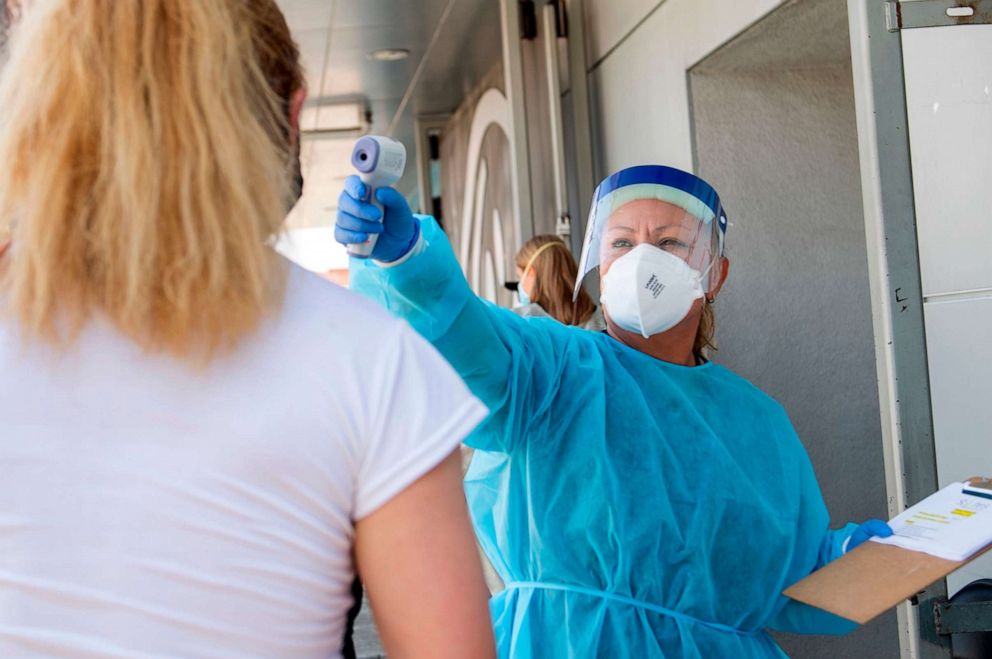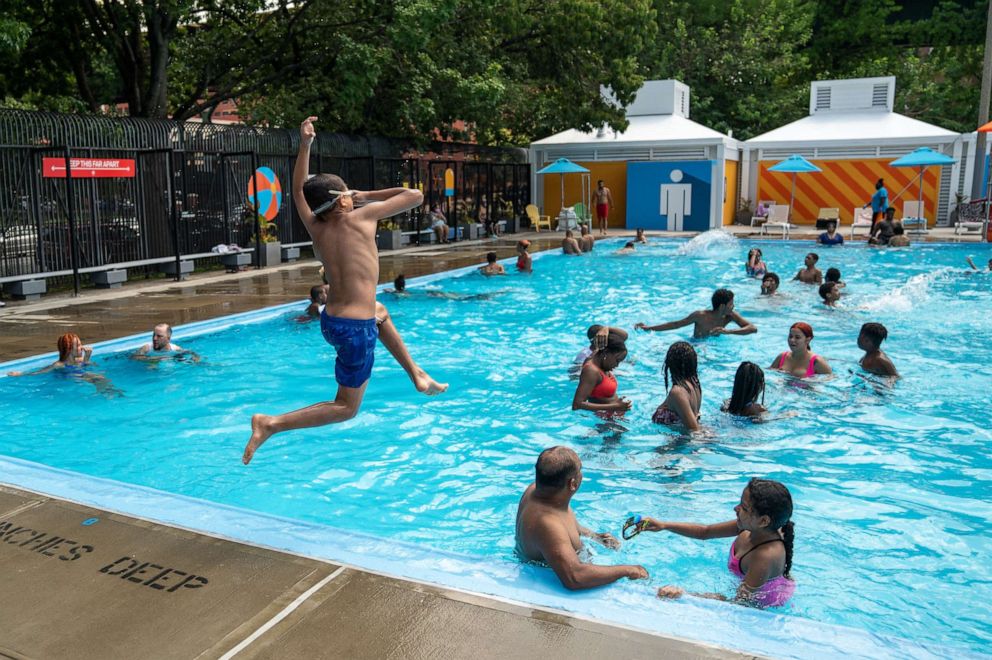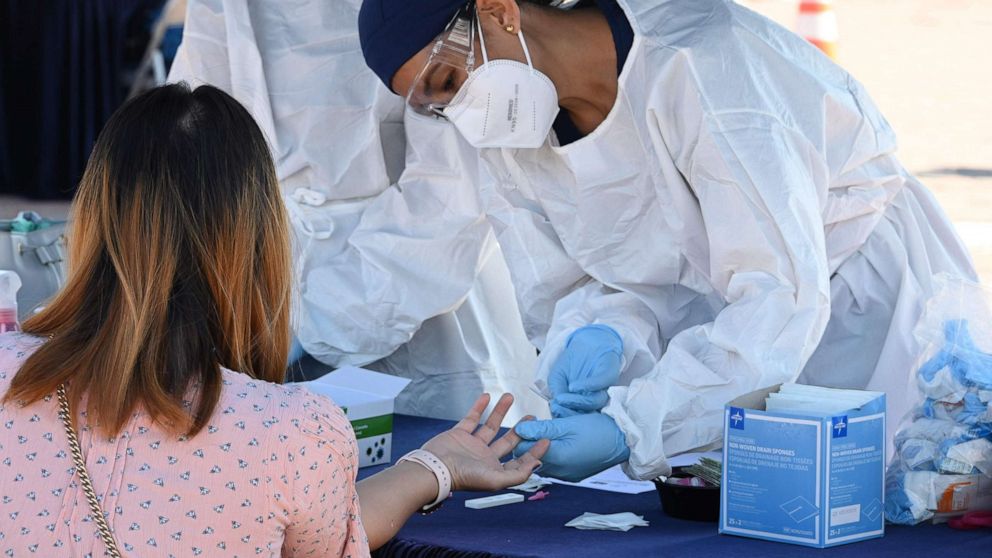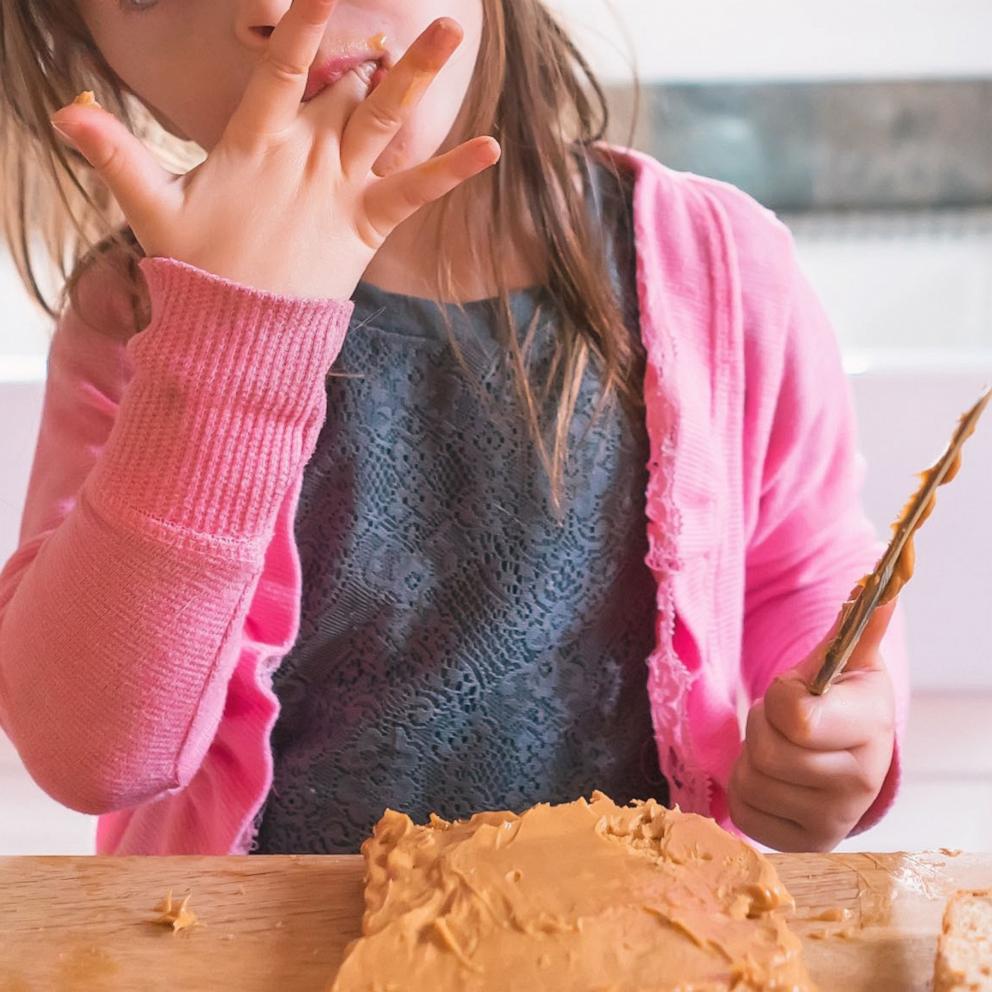Are some people already immune to COVID-19?
As we continue to learn more about COVID-19, one question on many people’s minds is: Why do some people get sick and others stay healthy?
Researchers are now trying to understand why certain people, particularly children, can be exposed to the virus and develop mild to no symptoms at all. A new study from the United Kingdom suggests that if a significant percentage of the population is immune to the virus, we may be able to achieve herd immunity sooner than we originally believed. This finding underscores the importance of knowing how many people may be immune.
“We know that in ... families for example, if you have a source case, it’s not unusual for some people to escape infection whereas other family members get infected,” said Dr. William Schaffner, a professor in the division of infectious disease at Vanderbilt University.
Dr. Antonio Bertoletti, a professor of infectious disease at Duke – NUS Medical School in Singapore, found that more than "50% of healthy patients have T cells able to recognize SARS-CoV2," which may promote a form of protection and immunity against the novel coronavirus.
T cells are the longer-lasting cells that are developed to fight an infection when your body recognizes a pathogen, or foreign substance, like a virus.
Since Bertoletti and his colleagues found that healthy people who have not been previously infected with SARS-CoV-2 have detectable T cells for the virus, experts think that exposure to other common, seasonal coronaviruses has induced the production of long-lasting T cells that may also be good at detecting the novel coronavirus.

T cells work by recognizing particular genetic sequences in the virus. Since seasonal coronaviruses that cause the common cold come from the same family of viruses with similar genetic sequences, T cells produced for one particular coronavirus may be able able to recognize another type.
Experts call this phenomenon "cross reactivity." Although this finding is exciting, experts are not yet convinced this is the reason certain people get sicker than others after getting COVID-19.
According to Bertoletti, we do not know for sure whether this cross-reactivity protects people from infection with COVID-19 or even whether it reduces the severity of their symptoms.
Other experts say the amount of original virus, or "viral dose," you are exposed to may determine how sick you get.
Schaffner said it's possible that “part of it may be clearly dose. Some people simply get a larger dose of the virus and then they’re more apt to become ill.”
Dr. Todd Ellerin, the director of infectious diseases at South Shore Hospital, said it's not the viral load.
“Is there something about your immune system that doesn’t allow the virus to take hold?” he asked.
Experts are hoping these answers may be found in kids, since children more commonly experience mild to no symptoms when they get COVID-19.
“There has been some recent data to suggest that one of the break points is about age 10. That is, [after age 10], they get infected, can transmit the virus, but don’t get as seriously ill, whereas kids under the age of 10 seem not to get infected as readily,” said Schaffner.

He believes this may be because the site where the virus attaches to cause infection is not well developed in children. If the virus cannot attach well then it may be less likely to infect younger people, but he admitted this is just a working theory that has not been proven.
Ellerin had another hypothesis.
“My initial gut was that [children] had more circulating antibodies just because they’re generally infected more with the family of coronaviruses, but that’s just a guess,” he said.
Other experts say that children may have a lower number of sites for the virus to enter or that more recent administration of vaccines ramps up their overall immune response.
For our society overall, the portion of the population that cannot become severely ill from the virus has tremendous implications for how quickly we can get this pandemic under control.
Stephanie E. Farber, MD, is a plastic surgeon in Atlanta and a medical contributor for ABC News.




